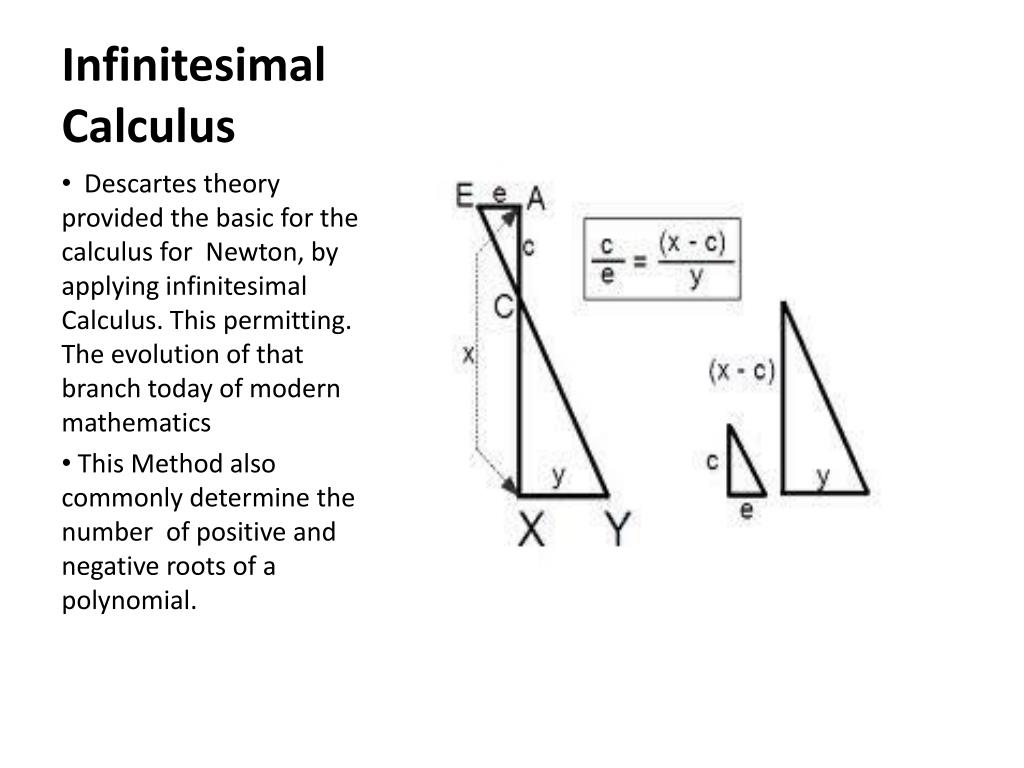

Tale concezione permetteva ad Euler di considerare il calcolo come un calcolo delle funzioni (intese come espressioni analitiche della quantità) e, allo stesso tempo, di operare formalmente con i differenziali.ĪBSTRACT. Essi erano simboli che rappresentavano una primordiale e intuitiva idea di limite e che potevano essere trattati come veri numeri. In tale contesto anche gli infinitesimi euleriani sono da intendersi come numeri fittizi. Le altre specie di numeri erano entità fittizie, cioè entità ideali ben fondate nel reale che potevano essere manipolate come numeri. Il numero era inteso come una misura della quantità tuttavia solo le frazioni e i naturali erano considerati numeri nel vero senso del termine. This conception allowed Euler to consider calculus as a calculus of functions (intended as analytical expressions of quantities) and, at the same time, to handle differentials formally.Nel diciottesimo secolo la classica nozione di quantità fu sviluppata fino ad essere intesa come quantità generale, la quale, analiticamente espressa, era soggetta a manipolazioni formali. They were symbols that represented a primordial and intuitive idea of limit, although they were manipulated in the same way as numbers. In this context Eulerian infinitesimals should also be considered as fictitious numbers. The other types of numbers were fictitious entities, namely ideal entities firmly founded in the real world which could be operated upon as if they were numbers. Number was understood as the measure of quantity however, only fractions and natural numbers were considered numbers in the true sense of term. In the 18th-century calculus the classical notion of quantity was understood as general quantity, which was expressed analytically and was subject to formal manipulation. I conclude by dealing with some of the common misunderstandings which occur when Deleuze is read as endorsing a modern mathematical interpretation of the calculus. By highlighting the sub-representational character of the differential in his system I show how the differential is a key moment in Deleuze’s formulation of a transcendental empiricism. For Deleuze, instead, I show that the differential must be understood as escaping from both finite and infinite representation. I analyse Hegel’s justification for this introduction of dialectical reason by looking at his responses to Berkeley’s criticisms of the calculus. For Hegel, this involves attempting to show that the foundations of the calculus cannot be thought by the finite understanding, and necessitate a move to the standpoint of infinite reason. I show how both Deleuze and Hegel see the calculus as providing a way of thinking outside of finite representation. The aim of this paper is to explore the uses made of the calculus by Gilles Deleuze and G.W.F.


 0 kommentar(er)
0 kommentar(er)
